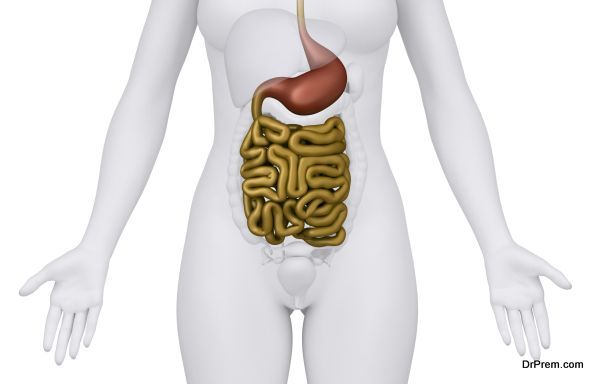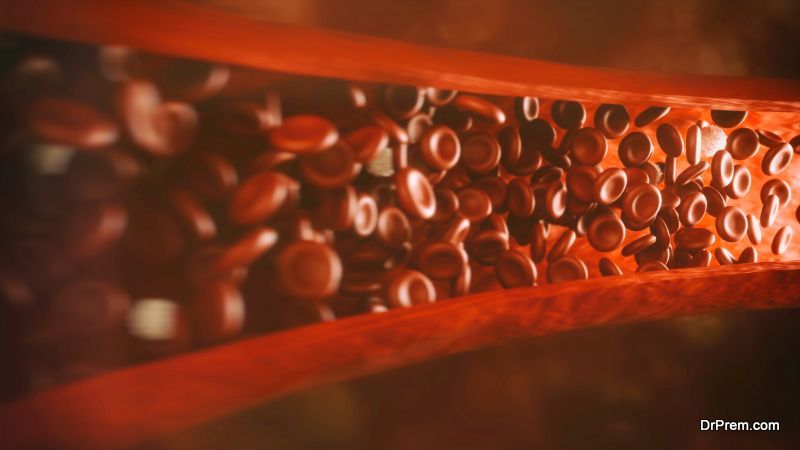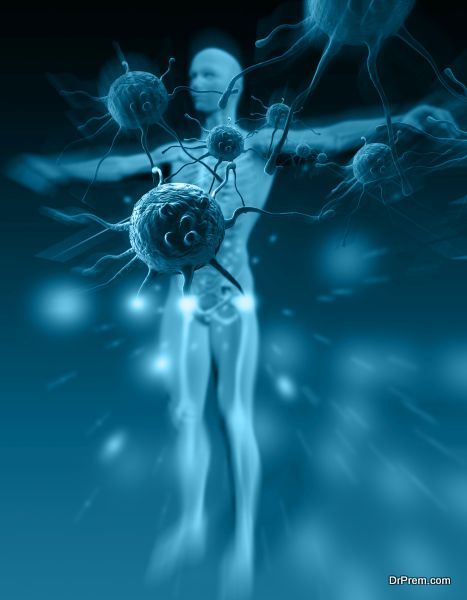Alcoholism is a disease that impacts not only the individual but everyone around them. It can result in loss of friends, jobs, and stability. But another factor of alcoholism that some people fail to acknowledge is the drastic and detrimental physical effects that long term alcohol use has on the body and your health. Even after someone receives treatment or attends meetings during the recovery process, the physical effects can still continue to be the same. Here are a few ways that alcohol abuse can drastically affect your overall health and well-being.
Digestive System

It’s no surprise that drinking excessive amounts of alcohol over a prolonged period of time can cause damage to your intestines, stomach, and digestive system. This is where the alcohol enters and is filtered throughout the body. When a person consumes too much alcohol, the body activates digestive enzymes in abnormal amounts. The buildup of these enzymes over time can lead to pancreatitis.
The digestive system doesn’t break down alcohol the same way it breaks normal food down into energy and nourishment. When alcohol enters your body, the digestive system actually works extra hard to purge the substance. Your body converts alcohol into a toxic chemical in your body known as acetaldehyde which can ultimately damage your DNA, stop cells from repairing the damage and lead to cancer. Alcohol is absorbed directly into your bloodstream through the stomach lining, where it’s then absorbed quickly by the small intestines. The liver is responsible for metabolising most of the alcohol consumed by the human body, which is why many alcoholics experience liver disease.
When someone suffers from liver disease or liver damage due to long term alcohol abuse, it can cause a long list of complications for that person. Your liver is responsible for breaking down and eliminating harmful substances from your body. When your liver is working to constantly eliminate alcohol from your system, it’s quite damaging. This often comes in the form of inflammation, known as cirrhosis. This causes scar tissue to develop on your liver, making it more difficult to function properly. When your liver is unable to eliminate toxins from your body, they can buildup and cause death.
The digestive system isn’t reserved for simply your stomach, either. Many parts of the body are impacted by what goes on in the digestive system. These include the throat, esophagus, and mouth. When your digestive system is compromised due to alcohol abuse, you may also experience side effects like excessive gas, bloating, bloody stool, and diarrhea. In extreme cases, ulcers and internal bleeding may occur.
Sugar Levels

Increased sugar levels are another side effect of alcohol abuse. We already discussed that your pancreas can be negatively impacted by drinking too much alcohol. This is another important organ in the human body, responsible for regulating your body’s insulin levels and reaction to glucose that enters the body. When your pancreas isn’t working properly or efficiently, you can experience low blood sugar levels. Your body may also stop producing the required insulin to properly use sugar, which could lead to an increase in your sugar levels. This imbalance may lead to diabetes or hyperglycemia.
Central Nervous System

Your central nervous system becomes impaired even after a few drinks. That’s because alcohol interferes with the brain’s ability to communicate with your body. Side effects include slurred speech, inability to balance or properly coordinate. This is why driving a car while under the influence of alcohol is so incredibly dangerous and can lead to criminal charges and loss of license. Continued and long term alcohol use can cause permanent damage to your central nervous system. More advanced symptoms of a damaged nervous system include tingling and numbness in the feet and hands.
Mild brain damage can also occur over time. That’s because alcohol makes it difficult for individuals to reason, make rational decisions, and remember important information. When someone abuses alcohol, it can cause frontal lobe damage in the brain. The frontal lobe is responsible for short-term memory, emotional response, and judgment. Your brain controls not only your logical thinking but also your actions. Long term abuse of the brain through alcohol abuse can have lifelong effects.
Circulatory System

Your heart and lungs are the two main organs in the human body. They are what keep blood and oxygen flowing through your body and to your brain. These too can be negatively impacted and damaged due to alcoholism. You may experience high blood pressure, heart disease, stroke or heart failure. When your blood and body are unable to absorb the nutrients and vitamins it needs, you may fall victim to anemia, or a low red blood count. You may notice that someone who consumes large amounts of alcohol has red or blotchy skin and eyes. These are indications that their circulatory system is not working properly and certain vessels are clogged. If these blood vessels burst, it can cause internal bleeding or even death.
Immune System
 The immune system is designed to help your body fight off diseases and viruses that enter the body. Long term alcohol abuse can damage the immune system, leaving individuals more susceptible to a long list of serious illnesses. Some of the most serious diseases that can lead to death include pneumonia and tuberculosis. Excessive alcohol use actually changes the body’s molecules and cells, which in turn, weakens the immune system. These effects can last 1-2 days after someone is intoxicated, which means an alcoholic who is consuming alcohol on a daily basis will always be susceptible to illness.
The immune system is designed to help your body fight off diseases and viruses that enter the body. Long term alcohol abuse can damage the immune system, leaving individuals more susceptible to a long list of serious illnesses. Some of the most serious diseases that can lead to death include pneumonia and tuberculosis. Excessive alcohol use actually changes the body’s molecules and cells, which in turn, weakens the immune system. These effects can last 1-2 days after someone is intoxicated, which means an alcoholic who is consuming alcohol on a daily basis will always be susceptible to illness.
Alcohol abuse is something that needs to be taken very seriously. Not only for the effect it currently has on a person’s lifestyle but for the long term, physical damage that can occur. Your body isn’t designed to break down or metabolize alcohol in excessive amounts for long periods of time. Limiting alcohol intake to one drink a day for women and two for men or even lesser amounts is ideal.
Article Submitted By Community Writer




